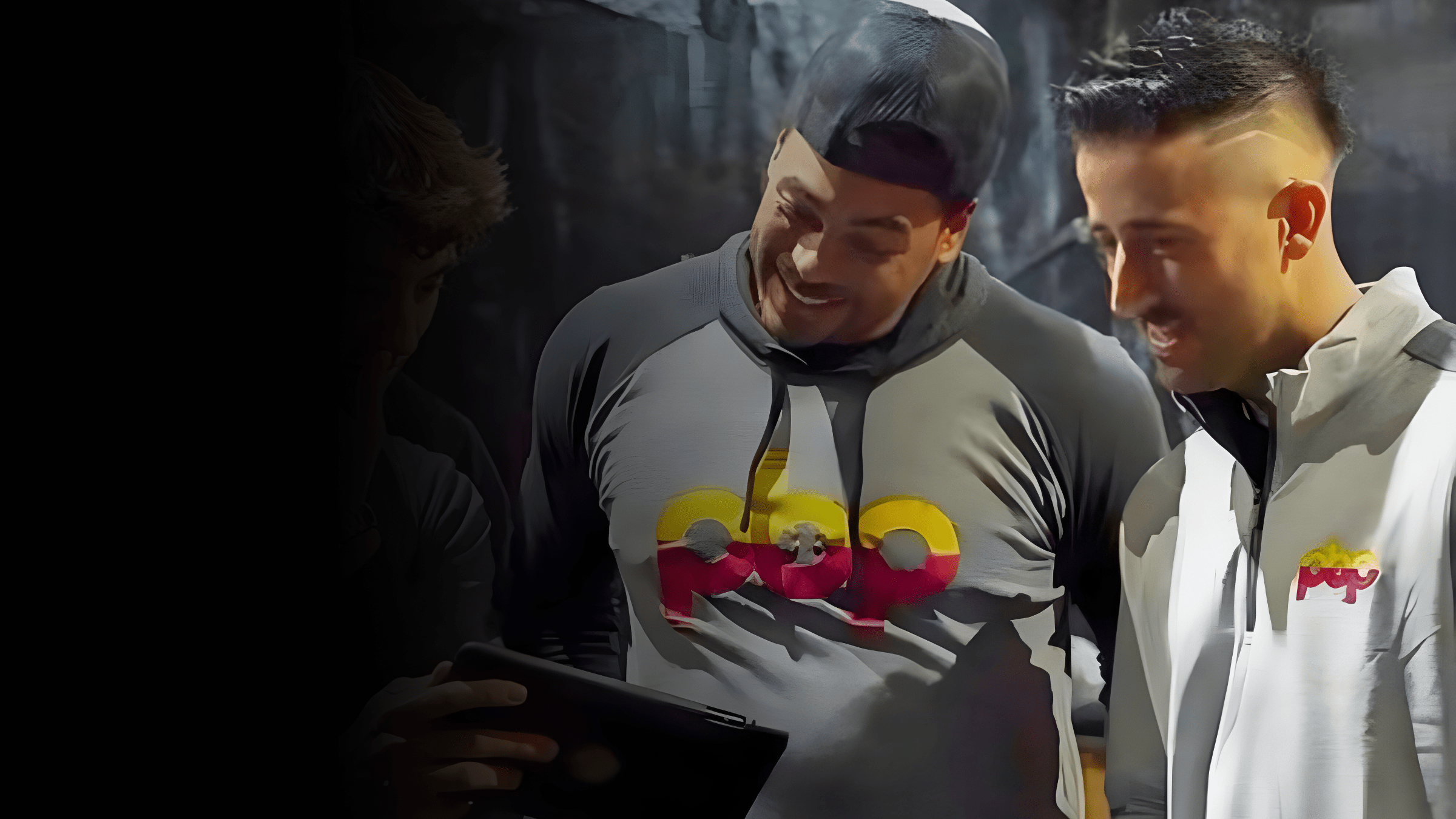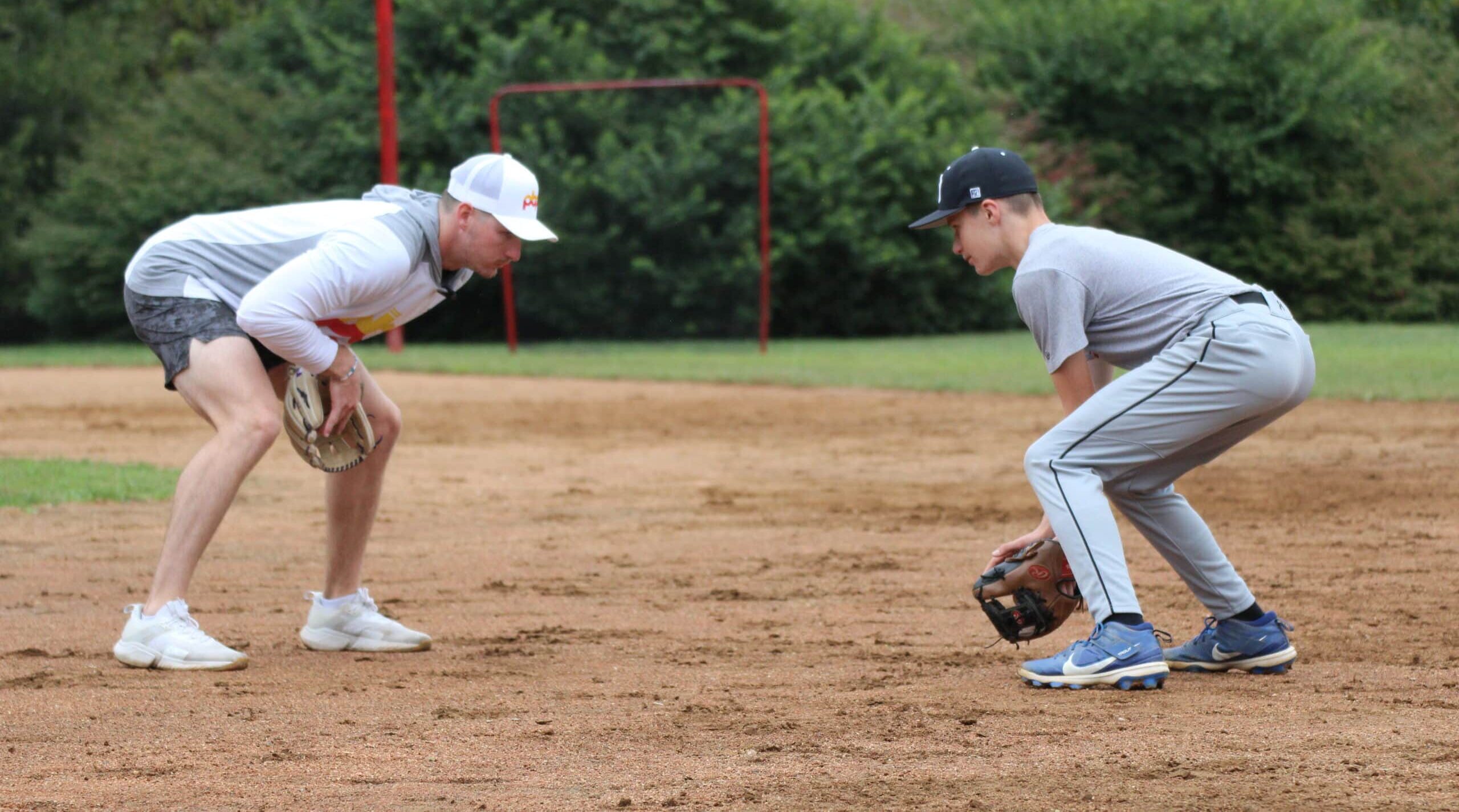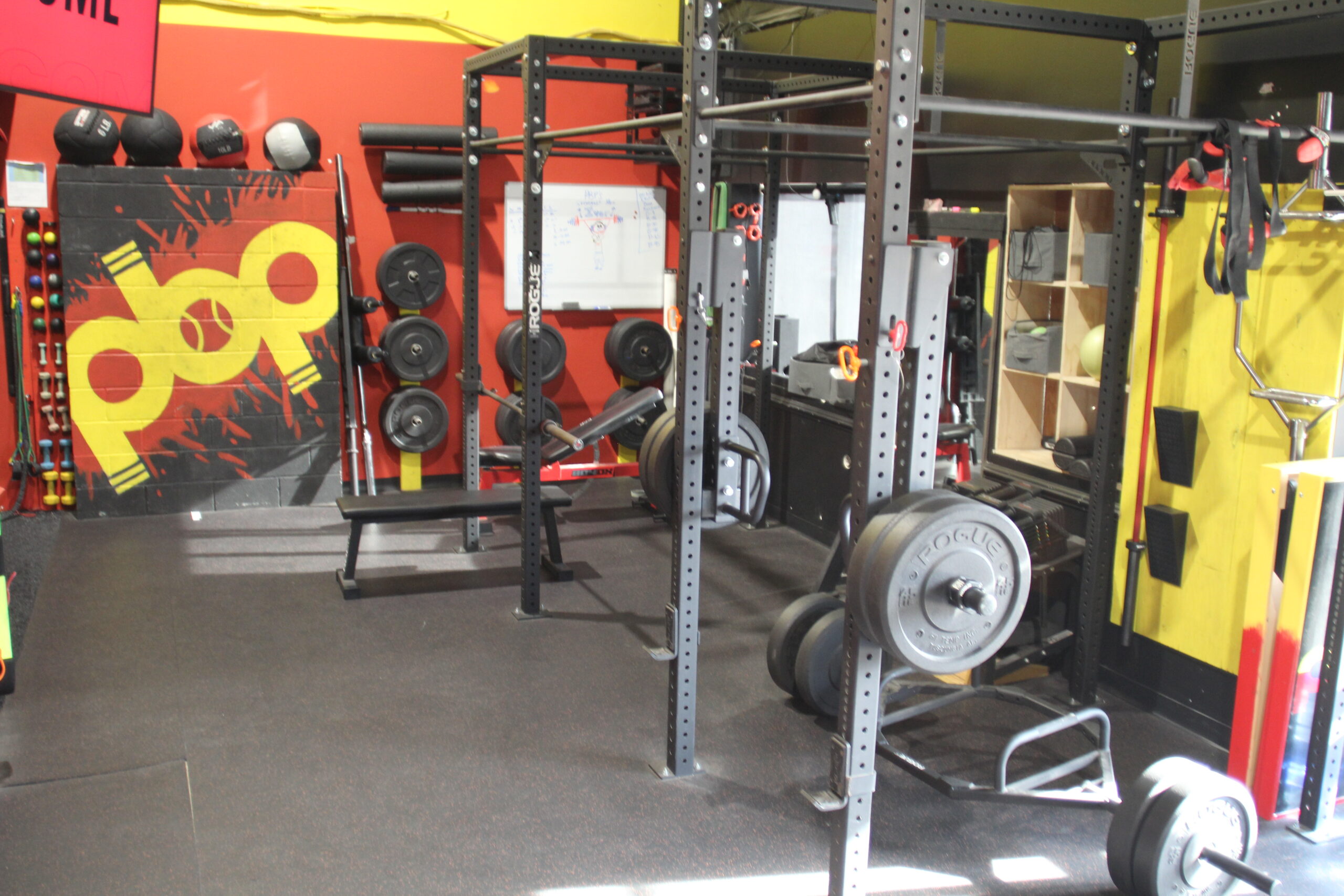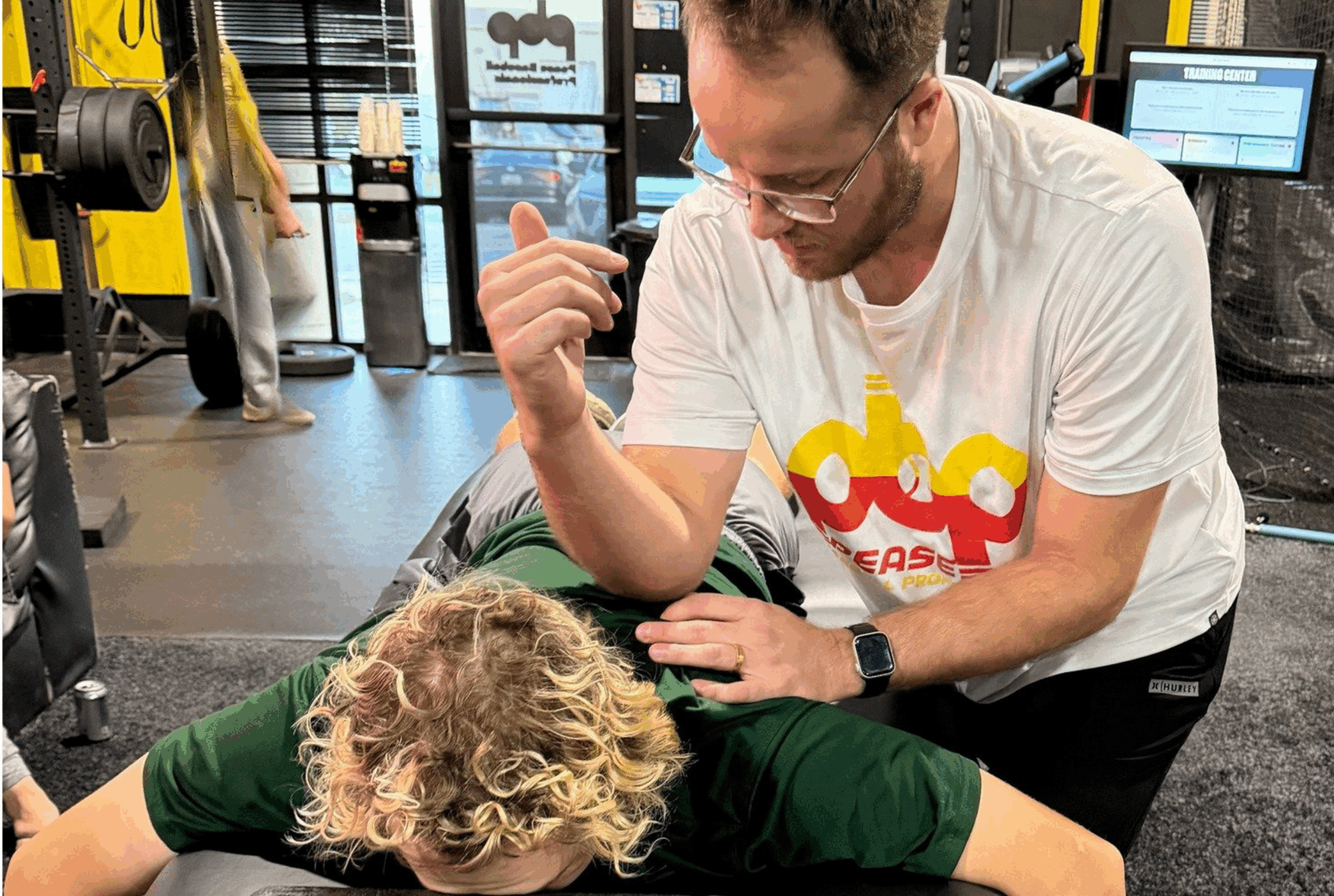
My Journey From Frederick to Professional Baseball
By Ryan DeSanto
Baseball has been a part of my life for as long as I can remember. Growing up, I always heard stories about my dad and uncle playing college baseball, and those stories stuck with me. From a young age, I knew I wanted to follow in their footsteps and see how far the game could take me. That goal never really changed. If anything, it only became clearer the more I played.
Read More








